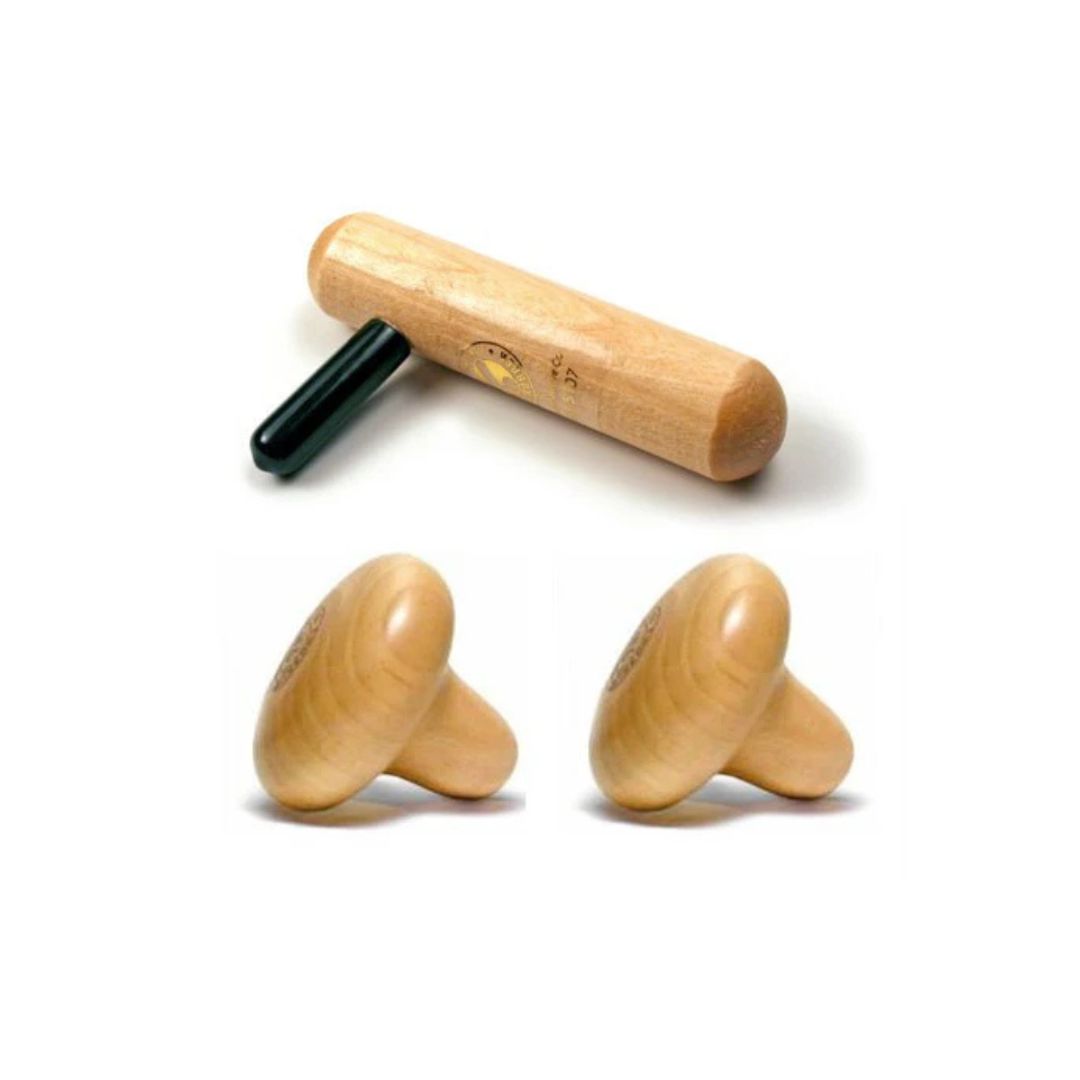What is a Doula? Exploring the Role, Background, and Evolution
The role of a doula, often pivotal yet shrouded in mystery, has been an essential part of childbirth and postpartum care for centuries. This blog delves into the rich history and evolving role of doulas, shedding light on their significant impact in the modern Western world.
The Roots of Doula Care
The term 'doula' originates from the ancient Greek word δούλη, meaning "a woman who serves." Historically, women have always supported other women during childbirth, but the concept of a doula as we know it today has evolved significantly.
Early Beginnings
In ancient times, the birthing process was typically a female-centric event, with experienced women in the community aiding the expectant mother. This practice, deeply woven into the fabric of traditional societies, was based on the understanding that emotional and physical support could significantly impact childbirth outcomes.
Transition into Modern Times
The industrial revolution and advancements in medical science brought about a shift in childbirth practices. With the rise of hospital births in the 20th century, the intimate, supportive environment once provided by community women began to diminish, making way for a more clinical approach.
The Emergence of the Modern Doula
The concept of the modern doula began to take shape in the 1960s and 70s, paralleling the rise of the women's rights and natural childbirth movements. Women started to advocate for more humane, individualized birth experiences, paving the way for the resurgence of doula-assisted births.
Pioneering Research
The formal study of the doula's role in childbirth was initiated by medical researchers such as John Kennell and Marshall Klaus. Their groundbreaking research in the 1970s and 80s demonstrated the positive impact of continuous support during labor, leading to better birth outcomes and reduced need for medical interventions.
Doula Certification and Professionalism
As interest in doula services grew, so did the need for standardization and professional training. Organizations like DONA International, established in the 1990s, began offering certification programs, setting the stage for the professionalization of doulas.
The Role of a Modern-Day Doula
A modern-day doula is a trained professional who provides continuous physical, emotional, and informational support to a mother before, during, and shortly after childbirth. The role encompasses several key aspects:
Before Birth
- Providing informational support about childbirth and postpartum care.
- Assisting in developing birth plans.
- Emotional support through prenatal visits.
During Labor and Birth
- Continuous physical and emotional support.
- Employing comfort measures like massage and positioning.
- Advocacy and assistance in communication with medical staff.
Postpartum
- Support in the early days of parenting.
- Assistance with breastfeeding.
- Providing resources for new parents.
The Impact of Doulas in Modern Healthcare
Numerous studies have shown that the presence of a doula can lead to a reduction in cesarean rates, a decrease in the use of pain relief medication, shorter labor, and an overall more positive childbirth experience. Their role is increasingly recognized as an integral part of the birthing team in Western healthcare.
Conclusion
The evolution of the doula from ancient birth assistant to modern-day professional reflects the ongoing quest for a holistic, supportive approach to childbirth. In the Western world, where medical interventions in childbirth are common, doulas provide a crucial link to the more personalized, empowering aspects of the birthing process. As we continue to navigate the complexities of modern healthcare, the role of the doula stands as a testament to the enduring importance of compassion, support, and advocacy in one of life's most profound experiences.
About Niel Asher Education
Niel Asher Education (NAT Global Campus) is a globally recognised provider of high-quality professional learning for hands-on health and movement practitioners. Through an extensive catalogue of expert-led online courses, NAT delivers continuing education for massage therapists, supporting both newly qualified and highly experienced professionals with practical, clinically relevant training designed for real-world practice.
Beyond massage therapy, Niel Asher Education offers comprehensive continuing education for physical therapists, continuing education for athletic trainers, continuing education for chiropractors, and continuing education for rehabilitation professionals working across a wide range of clinical, sports, and wellness environments. Courses span manual therapy, movement, rehabilitation, pain management, integrative therapies, and practitioner self-care, with content presented by respected educators and clinicians from around the world.
Known for its high production values and practitioner-focused approach, Niel Asher Education emphasises clarity, practical application, and professional integrity. Its online learning model allows practitioners to study at their own pace while earning recognised certificates and maintaining ongoing professional development requirements, making continuing education accessible regardless of location or schedule.
Through partnerships with leading educational platforms and organisations worldwide, Niel Asher Education continues to expand access to trusted, high-quality continuing education for massage therapists, continuing education for physical therapists, continuing education for athletic trainers, continuing education for chiropractors, and continuing education for rehabilitation professionals, supporting lifelong learning and professional excellence across the global therapy community.

Continuing Professional Education
Looking for Massage Therapy CEUs, PT and ATC continuing education, chiropractic CE, or advanced manual therapy training? Explore our evidence-based online courses designed for hands-on professionals.


















